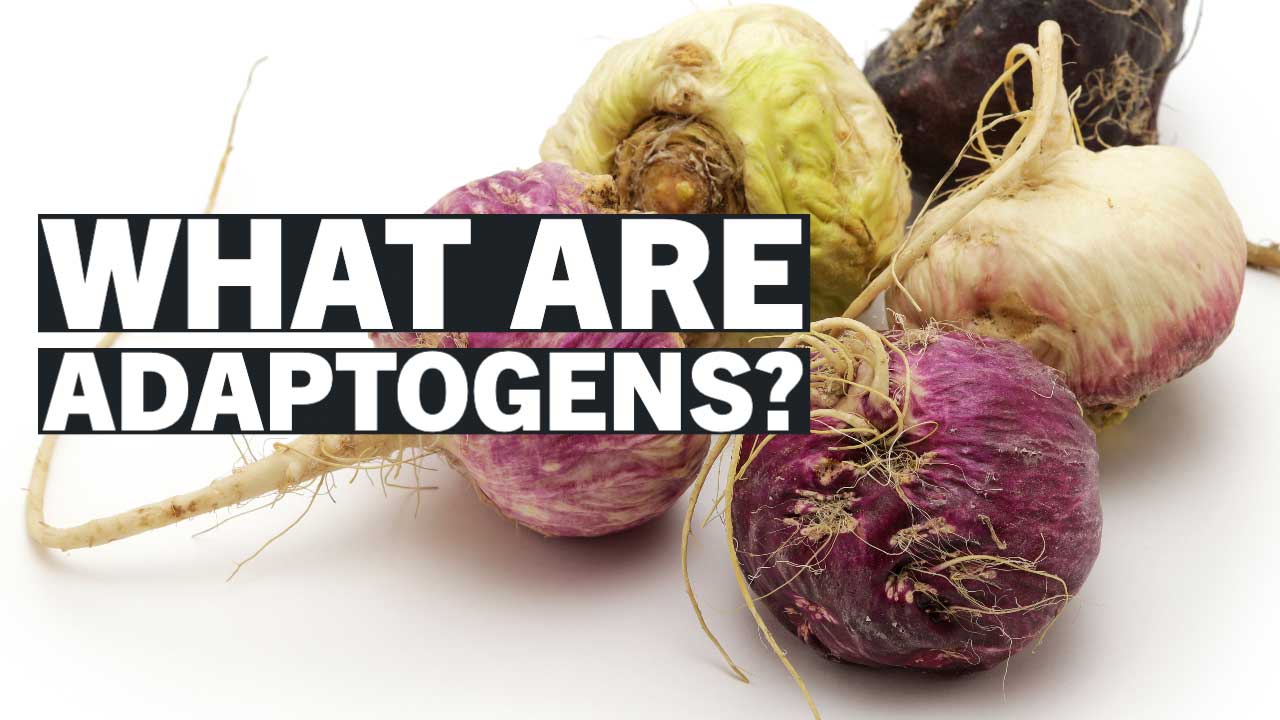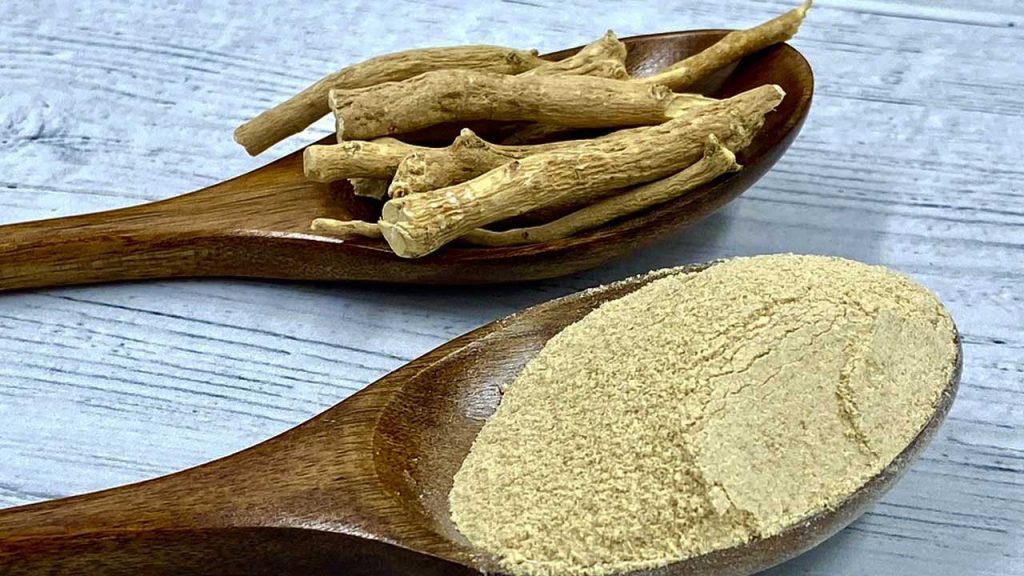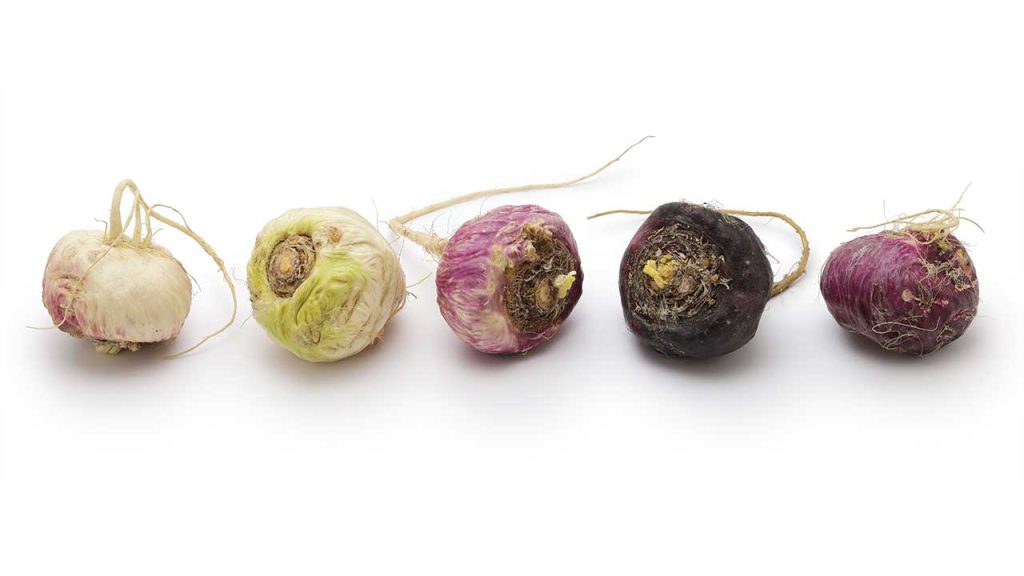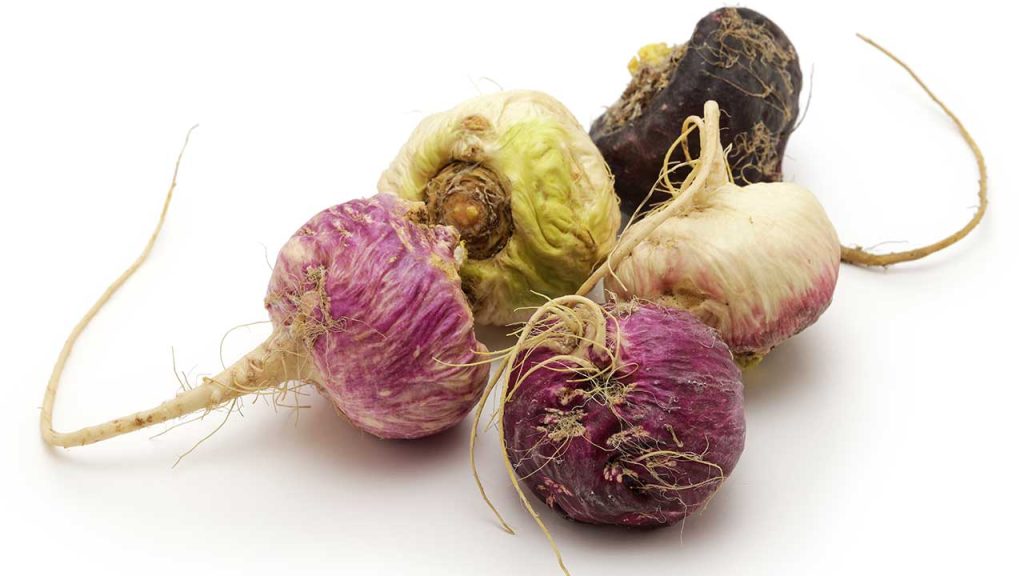Adaptogens: What Are They & Do They Work?

ListedFit is reader-supported. When you buy through links on our site, we may earn a small commission.
Adaptogens are natural substances, primarily derived from plants and fungi, that are believed to help the body adapt to stress and regulate bodily processes.
They have gained popularity in recent years, with a wide range of products gaining commercial success.
Today, we’re going to delve into the science and research behind some of the most popular adaptogens, such as ashwagandha, maca, and others.
The concept of adaptogens is deeply rooted in history, dating back to the mid-1900s Soviet Union, where researchers were experimenting with ancient plant medicine to help alleviate stress.
Fast forward to today, and we see an entire industry built around the idea that various herbs can provide stress-relief and contribute to overall vitality.
But as with any aspect of alternative health, it is essential to be discerning and critical of scientific evidence to ensure that you are investing in effective and safe products.
Key Takeaways
- Adaptogens are natural substances aimed to help the body manage stress and maintain balance, with ashwagandha and maca among the most popular.
- The concept of adaptogens has historical roots in Soviet Union, leading to contemporary research and commercial success of various herbal products.
- It is crucial to evaluate the scientific evidence behind adaptogens to ensure the safety and effectiveness of these alternative health products.
Table of Contents
Adaptogens: Definition and Origins
Adaptogens are natural substances, mainly derived from plants and certain fungi, that are believed to help your body adapt to stress and exert a normalizing effect on bodily processes.
The concept of adaptogens has an interesting history, with its origins in the mid-1900s Soviet Union.
Researchers were trying to figure out how to utilize ancient plant medicine for various purposes, such as improving night vision.
The general concept of adaptogens was introduced by Dr. Nikolai Lazarev, whose main focus was to reduce the stress response.
According to Lazarev’s research, adaptogens can help blunt the peak of stress, potentially preventing fatigue or a crash afterwards, allowing your body to function better.
Some popular adaptogens include ginseng, ashwagandha, cordyceps (a mushroom), and holy basil. These natural substances have been utilized for thousands of years, with many believing they offer various health benefits.
As you explore the world of adaptogens, it’s important to be discerning and remain focused on scientific evidence. While it’s true that many plants have legitimate benefits, exaggerated or false claims can are rife in this industry.
What Are The Most Popular Adaptogens?
Many adaptogens have been utilized for centuries in traditional medicine practices and are gaining popularity in modern times. The following are some well-known examples:
Ashwagandha: This nightshade plant from Southern India has been used for over 5,000 years to manage stress and maintain overall well-being. Research has shown that ashwagandha can potentially reduce stress scores and cortisol levels, making it a popular choice among consumers seeking natural stress relief. However, it’s crucial to be cautious with the dosage and avoid long-term use, especially for pregnant or breastfeeding women.
Ginseng: Known for its energy-boosting and stress-reducing properties, ginseng has been utilized in traditional Chinese medicine for centuries. Various studies have demonstrated its potential benefits in reducing fatigue and enhancing cognitive function.
Cordyceps: This medicinal mushroom has a long history of use in traditional Chinese medicine, where it is believed to promote vitality and support a healthy immune system. Some evidence suggests that cordyceps may improve exercise performance and help combat fatigue.
Holy Basil: Also known as Tulsi, holy basil is an adaptogenic herb native to India. It has been traditionally used to treat a variety of conditions, including stress, anxiety, and inflammation. Research has shown that it may help reduce stress and anxiety levels by regulating cortisol production in your body.
Know This Before You Buy Anything
As you delve into the world of adaptogens, you’ll find that they have entered the commercial sphere, leading to a plethora of products claiming to help your body adapt to stress.
One such popular company in this realm is Moon Juice, an LA-based company offering a line of adaptogens.
According to Vox, when Moon Juice introduced a new product, it sold out, with people calling shops and driving to stores to find one in stock. This illustrates both the popularity and demand for adaptogens in the market.
However, the commercial sphere often encompasses a broad range of herbal medicines, with the definition of “stress” being quite wide.
While many plants offer legitimate health benefits, the adaptogen industry may sometimes be marred by the claims of money-hungry companies targeting people desperate to heal.
This is especially true in alternative health markets, which might not thoroughly focus on the scientific evidence.
As you explore adaptogens, it is important to maintain a science-based and level-headed approach in order to separate legitimate high antioxidant plants from less effective or falsely marketed options.
One popular and scientifically-backed adaptogen is Ashwagandha, a nightshade plant native to Southern India that has been used for 5,000 years.
This root has been the subject of several human trials, revealing promising evidence of reducing stress scores, decreasing cortisol levels, and even increasing testosterone in men.
Yet, with the vast number of adaptogens and their claims, it is crucial for you to critically assess their validity and safety based on scientific research, and consider potential side effects or restrictions, such as for pregnant or breastfeeding women.
Making informed decisions about the use of adaptogens will help ensure that their stress-relieving benefits are realized in the safest and most effective manner.
Science and Alternative Health
In your exploration of adaptogens, it’s essential to understand their scientific basis while keeping a level-headed approach. With the entire alternative health sphere in mind, we’re talking about everything from legitimate high antioxidant plants to ground-up pangolin scales, which are used in hopes of treating male sexual failures. The point is to stay science-based and critical in this journey.
When looking at ashwagandha, a popular adaptogen known for lowering stress, it’s crucial to consider human trials – especially randomized controlled double-blind, placebo-controlled trials.
These trials help ensure that the subjects weren’t pre-picked for better results in the ashwagandha group, and the placebo group is included to account for patients’ suggestibility.
Some research on ashwagandha has demonstrated reduced stress scores and lower cortisol levels.
However, safety must always be a consideration when dealing with herbs like ashwagandha.
While anecdotal evidence and short-term studies may suggest it is safe, taking it long-term is another question.
There has been some evidence of liver damage from high doses, and it is not advised to use ashwagandha for breastfeeding or pregnant women due to potentially negative effects.
Understanding the mechanisms of how adaptogens like ashwagandha might work to reduce stress can also be quite helpful.
The hypothalamic-pituitary-adrenal (HPA) axis, a communication pathway between three parts of your body – the hypothalamus, pituitary gland, and adrenal glands – is involved in responding to stress. According to a particular study, ashwagandha may have an attenuating effect on the HPA axis activity, resulting in a downregulation of the stress response.
As you continue to investigate adaptogens and their effects, remember to keep a science-based approach and remain critical of any extraordinary claims.
By doing this, you will be better equipped to make informed decisions about incorporating adaptogens into your daily routine.
Ashwagandha

Research and Findings
Ashwagandha, a nightshade plant originating from southern India, has been used for over 5,000 years.
Some human trials, such as randomized controlled double-blind placebo-controlled trials, have been conducted to investigate its effects on stress and anxiety levels.
One study from 2012 found that participants who took a 300mg extract of ashwagandha daily for 60 days experienced reduced stress scores and lower cortisol levels compared to those who took a placebo.
Another study from 2019 noted a 40% reduction in the Hamilton Anxiety Rating Scale and a 30% drop in the Depression Anxiety Stress Scale after consuming 250mg of ashwagandha for 60 days.
Additionally, this study observed a 20% decrease in morning cortisol levels and a 10% increase in testosterone levels in men.
Getting the Right Dosage of Ashwagandha
While the research shows some promising results, it is important to exercise caution when using ashwagandha.
The safety of long-term use is uncertain, and some case reports have mentioned liver damage in individuals who consumed between 450 and 1,350mg of ashwagandha daily.
It is recommended to stay below 400mg per day to minimize potential risks. Additionally, pregnant or breastfeeding women should avoid taking ashwagandha due to potential negative effects.
Maca

Uses of Maca
Maca is a root vegetable native to the high Andes of Peru and Bolivia. It has been used for thousands of years to enhance energy, stamina, and libido, as well as to balance hormones and improve fertility.
Maca is also believed to have numerous health benefits, such as reducing depression and anxiety, improving mental clarity and focus, and boosting immune system function.
The Different Types of Maca And Their Strengths

There are three main types of Maca, each with different strengths and benefits:
- Yellow Maca: This is the most common variety and has been found to be particularly beneficial for improving energy levels, stamina, and endurance. It is also known to have a positive effect on mood and general cognitive function.
- Red Maca: Red Maca is considered to have a higher antioxidant content compared to Yellow and Black Maca, making it a great option for those looking to improve their immune system and overall health. It is also known for its potential in supporting hormonal balance and is especially useful for women experiencing symptoms of menopause.
- Black Maca: This type of Maca is believed to be the most effective when it comes to improving libido and sexual function in both men and women. Additionally, it has been shown to have a positive effect on memory, learning, and mental focus, making it a popular choice among students and busy professionals.
Conclusion
Adaptogens are natural substances, mainly plants, plant extracts, and certain fungi, that are believed to help the body adapt to stress and exert a normalizing effect on bodily processes.
The adaptogen industry has become ubiquitous, with various plants and extracts being valued for their purported stress-relief properties. Among these, ashwagandha is hailed as the king of adaptogens for its potential impact on reducing stress.
Research on ashwagandha shows promising results, with randomized controlled double-blind placebo-controlled trials suggesting its potential benefits in reducing stress, cortisol levels, and even increasing testosterone in men.
Although some studies indicate down-regulation of the hypothalamic-pituitary-adrenal (HPA) axis, leading to lowered stress response, the overall understanding of how adaptogens work remains insufficient.
It’s important to remember that while adaptogens, particularly ashwagandha, display some measurable benefits, not all plant extracts and products are equal. Some also carry health concerns, such as liver damage or risks for pregnant or breastfeeding women. As such, it’s crucial to be cautious when using adaptogens for stress relief and to always consult with a knowledgeable health professional for guidance and dosage recommendations.
As the popularity of adaptogens soars, it’s essential to stay grounded in science, taking unbiased and well-conducted studies into account. By keeping our focus on the evidence, adaptogens can be evaluated and utilized properly as a part of a well-rounded stress-relief strategy.
Author
-
Stuart Patrick is a health and fitness lifestyle journalist who writes for ListedFit.com.
“I've spent a lot of time trying to get in shape and change my body and I realised there are so many untruths in the health and fitness industry that can slow down or stop your progress, so I share my knowledge and experience to help others to cut through the BS.”
Latest entries
 GearApril 6, 2024HOKA Kawana 2 Review – Are These The Best HOKA Gym Shoes?
GearApril 6, 2024HOKA Kawana 2 Review – Are These The Best HOKA Gym Shoes? CrossFitApril 4, 2024How Many Pull-Ups Should I Do Daily? Let’s Figure it Out…
CrossFitApril 4, 2024How Many Pull-Ups Should I Do Daily? Let’s Figure it Out… MacaMarch 17, 2024Which is Better: Black or Red Maca? Comparing Benefits and Uses
MacaMarch 17, 2024Which is Better: Black or Red Maca? Comparing Benefits and Uses FitnessFebruary 18, 2024Join the Discount Club Today!
FitnessFebruary 18, 2024Join the Discount Club Today!
Affiliates:
This post may contain affiliate links that at no additional cost to you, the site may earn a small commission. We only recommend products we would use ourselves and all opinions expressed on this site are our own.
General Advice:
The information provided in this article is for general informational purposes only. It is not intended as a substitute for professional advice. Always consult with a qualified healthcare professional before starting any new diet, exercise program, or making changes to your health routine.
Accuracy Advice:
While we strive to provide up-to-date and accurate information, the content in this article may not reflect the most current research or medical guidelines. We encourage readers to do further research and consult with professionals for more personalized advice.
Our Recommendations:
The products and services mentioned in any of our articles are recommended based on our independent research and personal experience. We are not sponsored by any company. We aim to suggest products and services we believe are of high quality and could be beneficial to our readers.






